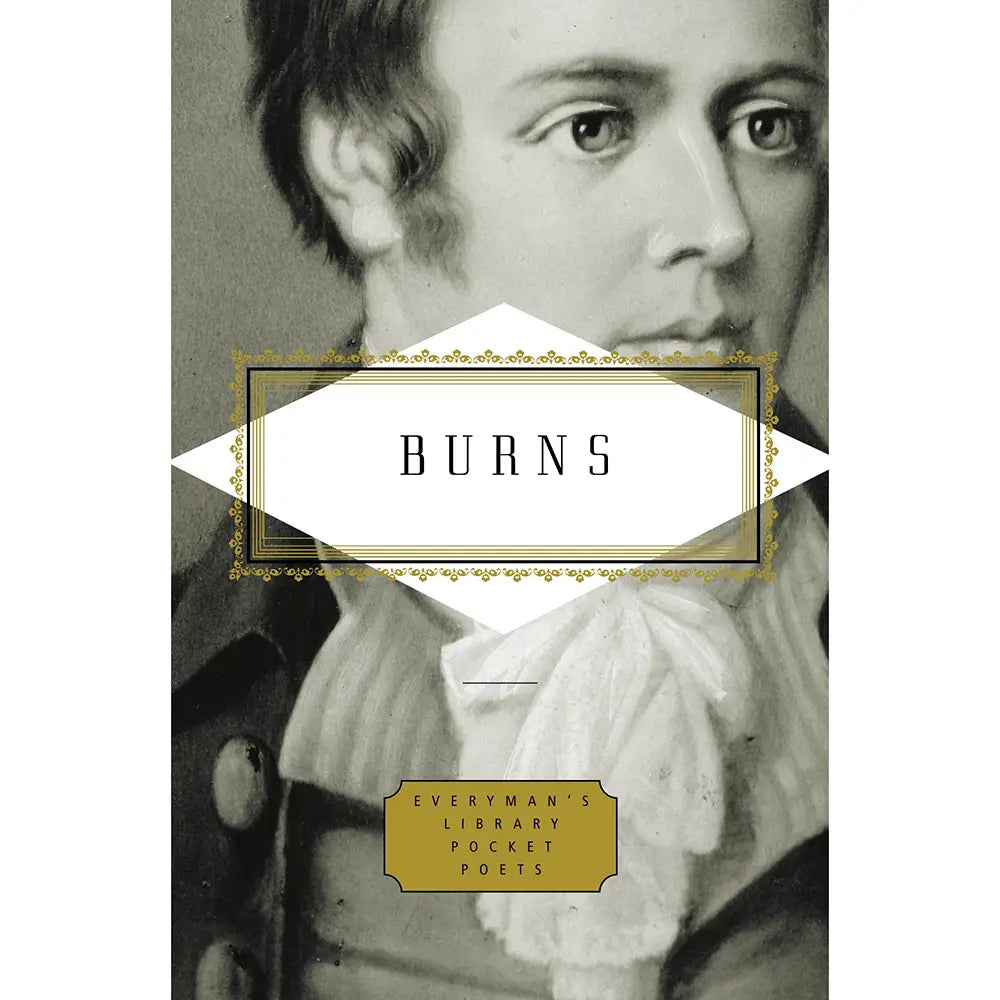
Any story about haggis is required to include something about the poet Robert Burns. Who is Robert Burns? Well, like haggis, Robert Burns is a Scottish icon. And haggis owes its iconic status, in large part, to the fact that Robert Burns wrote a famous poem about it. Burns' "Address to the Haggis," written in 1786, is a sort of heroic ode, but its subject is the ultra-humble "pudding," what Burns dubs the "Great chieftain o' the pudding-race." Even then Burns knew that there were those snooty Epicureans who would look down on the rustic haggis. Part of the verse imagines those who would turn their nose up at haggis in favor of something more continental.
It's not too much of a stretch to view Burns' of-the-people attitude as a precursor of what would become an American perspective on celebrating the gritty, the working class, the common. Burns championed democratic ideals and egalitarianism at a time when those principles were by no means universally embraced. If Burns, who also wrote songs, had been born in the Dust Bowl days, he might have palled around with Woody Guthrie, who was a fan of the poet. In fact, Burns was well loved by some of the other giants of American literature and thought. Ralph Waldo Emerson, Walt Whitman and Abraham Lincoln were all admirers of Burns, as were Robert Frost, Willa Cather, William Faulkner, Mark Twain and John Steinbeck. It's been said that there are more statues of Robert Burns in America than of any other poet.
Burns and his perspective fit so nicely with the American ideal in part because from an early age he was interested in rebels and revolutionaries. Much of his work expressed a sympathy for the oppressed and the downtrodden. Another explanation for why Americans in the 18th, 19th and 20th Century felt a kinship with Burns is that he felt a kinship with the American enterprise, having written his 1794 "Ode to Liberty" for George Washington's birthday.
As the child of a struggling farmer, poverty and toil left a stamp on Burns' radically egalitarian views. Burns had a fierce contempt for wealth, power and despotism. Aspects of his private life have a whiff of the rock-and-roll rebel: he was earthy and libidinous, having fathered several children out of wedlock. His fiscal and romantic complications contributed to his strong streaks of anti-authoritarianism and anti-clerical sentiments.
